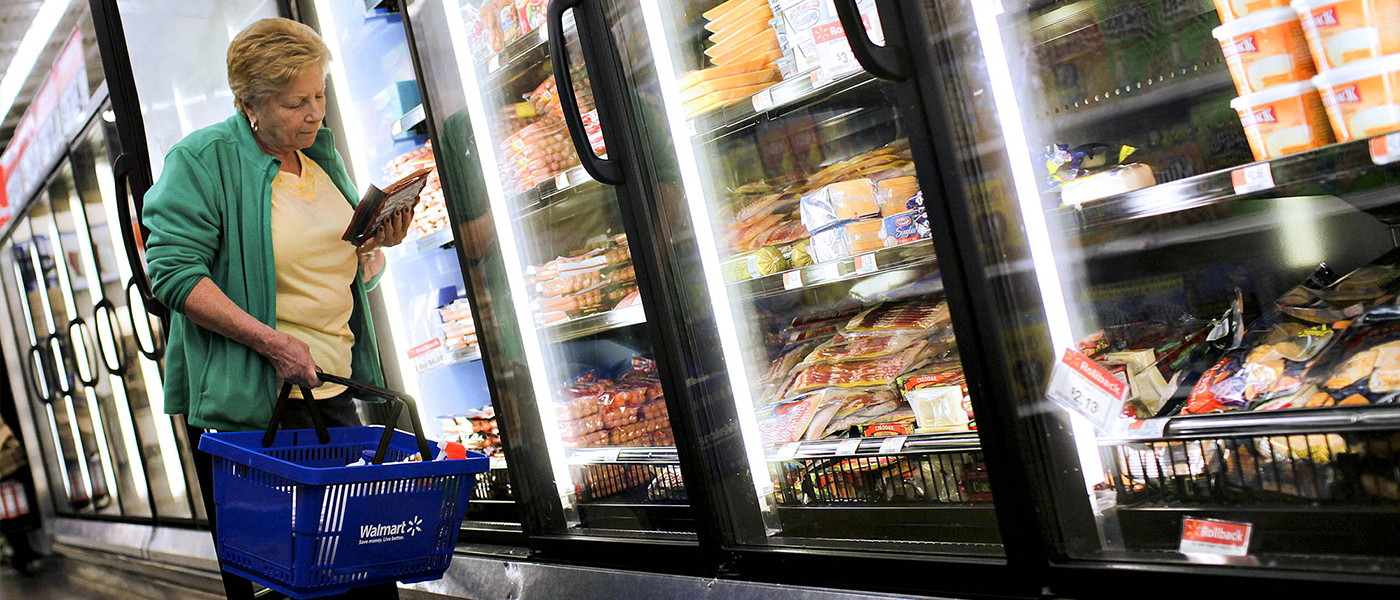Pinpointing the Culprit
Walmart is using a blockchain co-developed by IBM to make tracking down contaminated food sources faster and more accurate. The records will allow a single receipt to provide detailed information on food suppliers, including where the food was grown and how, as well as the inspector who gave it the clear.
Blockchains, although much more widely known for cryptocurrencies, offer a wide range of applications due to their ability to automate processes and keep virtually incorruptible records. They serve as a public ledger of transactions, or in Walmart’s case, an inventory, and all computers running the blockchain from anywhere in the world contain the same record.
In other words, if a supplier at fault wants to deny supplying contaminated food products, it requires an ultimately complicated hack. The rest of the computers running the blockchain will reject any dubious activities. So unless they can hack all the computers in the network from all over the world all at once, and unless they can pull this all off before any new records are made (which solidify previous transactions as permanent), it’s practically impossible to erase any evidence of responsibility and liability.
It is important to note, however, that although a blockchain’s history is pretty much impermeable (and requires a community-wide decision for reversal), its processes are not immune to abuse, as demonstrated by recent incidents.
Saving Lives…and Profit
Throughout the years, food scares and scandals have been an undesired occurrence popping up from time to time. Stores are lucky if they find out and pull products off the shelves before people start buying them. Unfortunately, we usually only find out there’s something wrong when somebody gets sick and a product is to blame.
Even then, pinpointing the exact contamination source can be tricky. Isolating the contaminated food may take days—an awful turnover time when lives may be at stake, so stores usually pull out many suspect products.
Although the test included only two items: pork in China and an unspecified “packaged produce item” in the US, should the testing be successful, Walmart plans to use the technology for more products.
This isn’t the only futuristic technology Walmart is employing. A few months ago, reports assert Walmart’s plan to cut 7,000 jobs in favor of automation.
Granted, some argue that cost-cutting is Walmart’s primary motivation. But if it works, the blockchain could turn to be a win-win situation for both consumers and the retail corporation. Walmart would be able to save money through “strategic removals,” since they can easily identify the culprit and keep consumers buyers' confidence in other products, all while consumers are spared from potentially getting ill.
Share This Article
